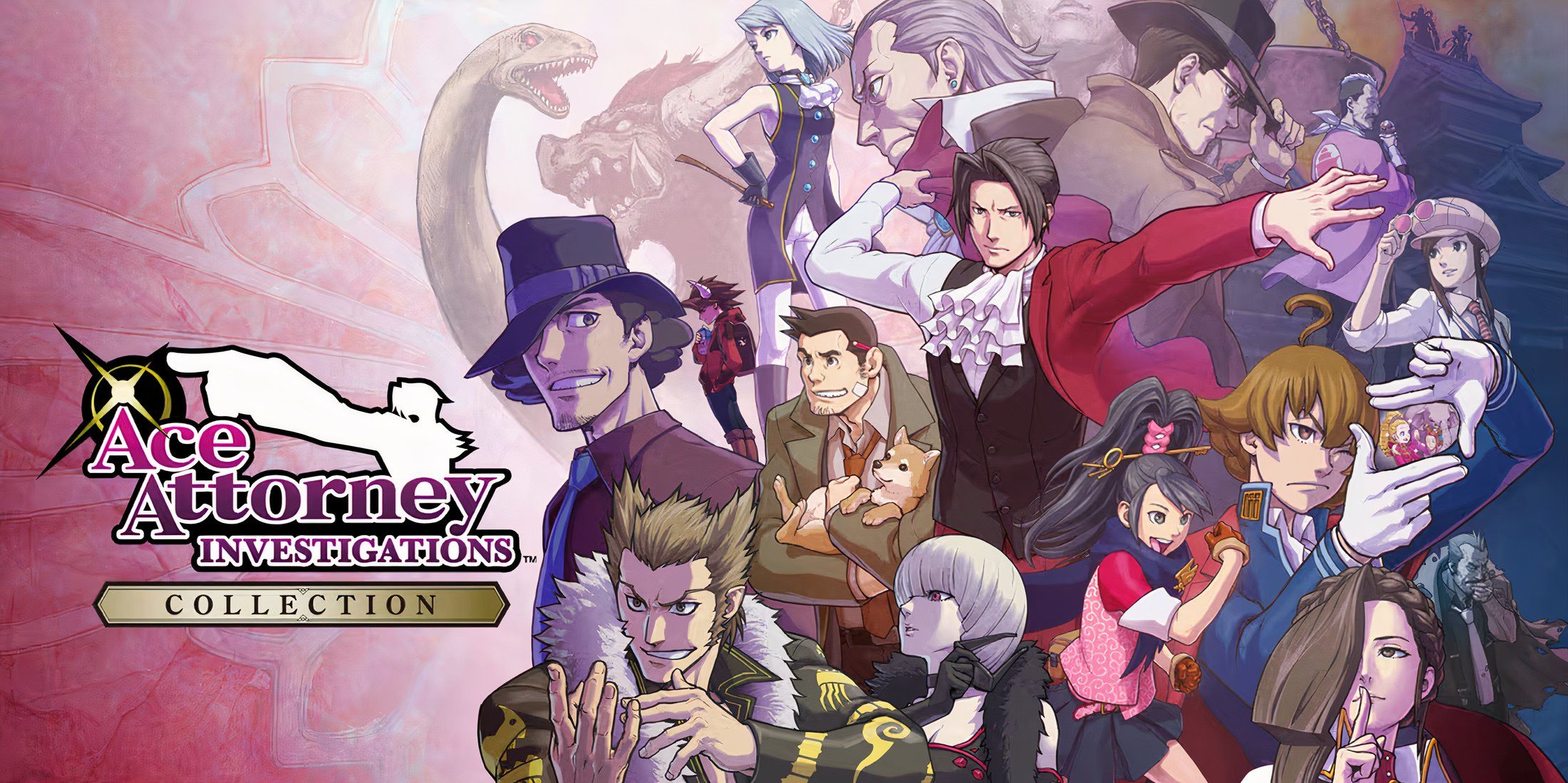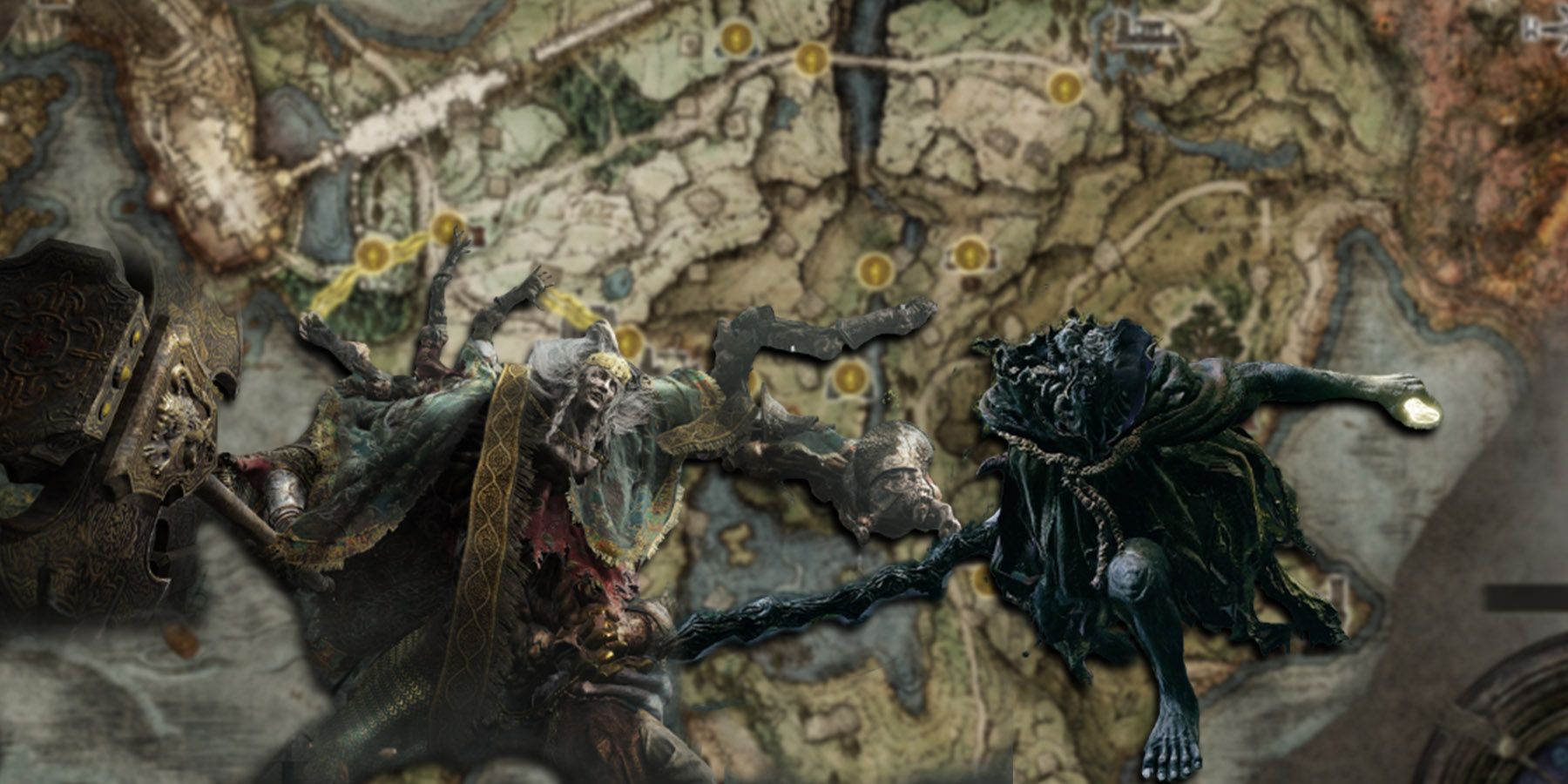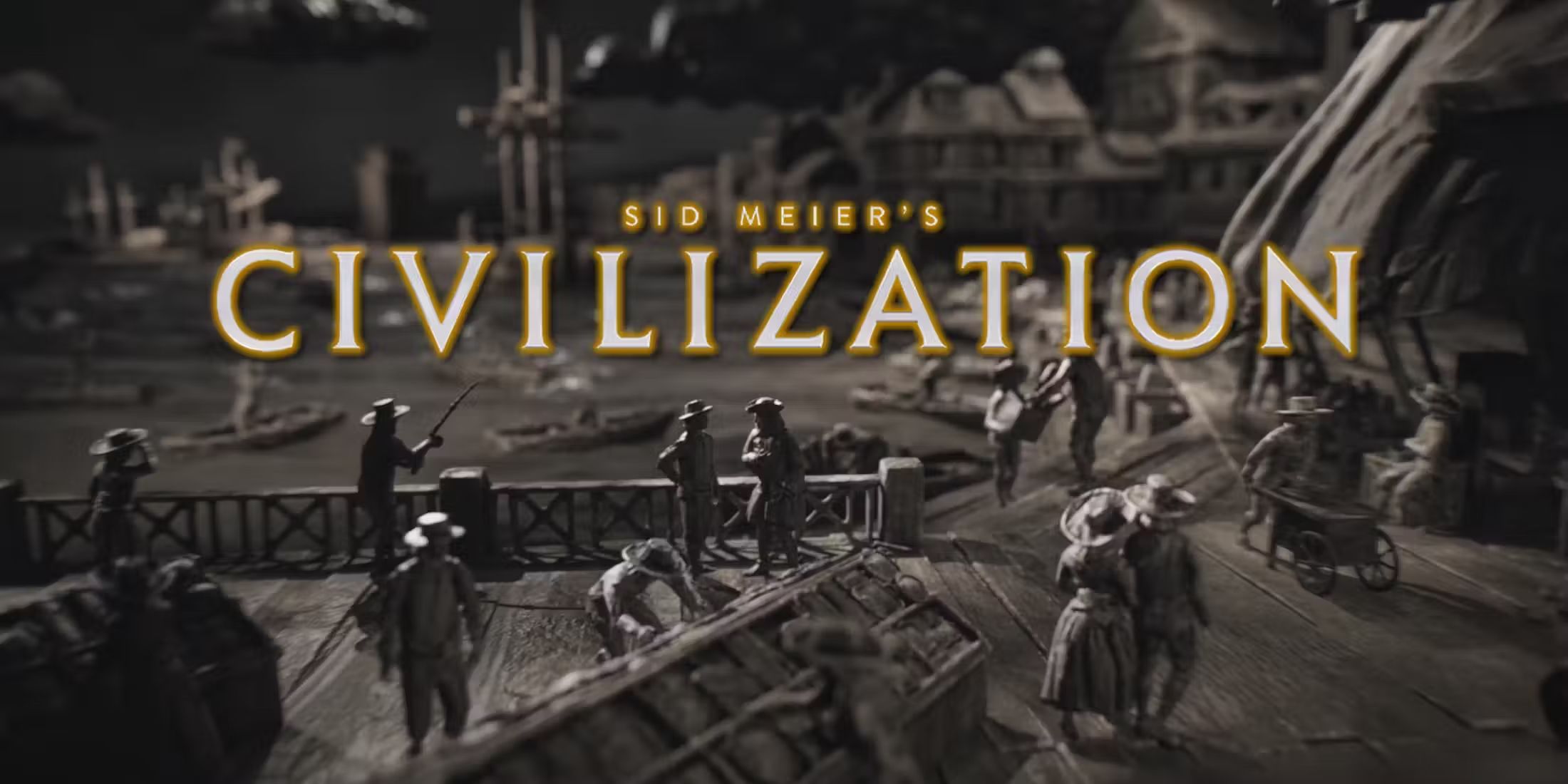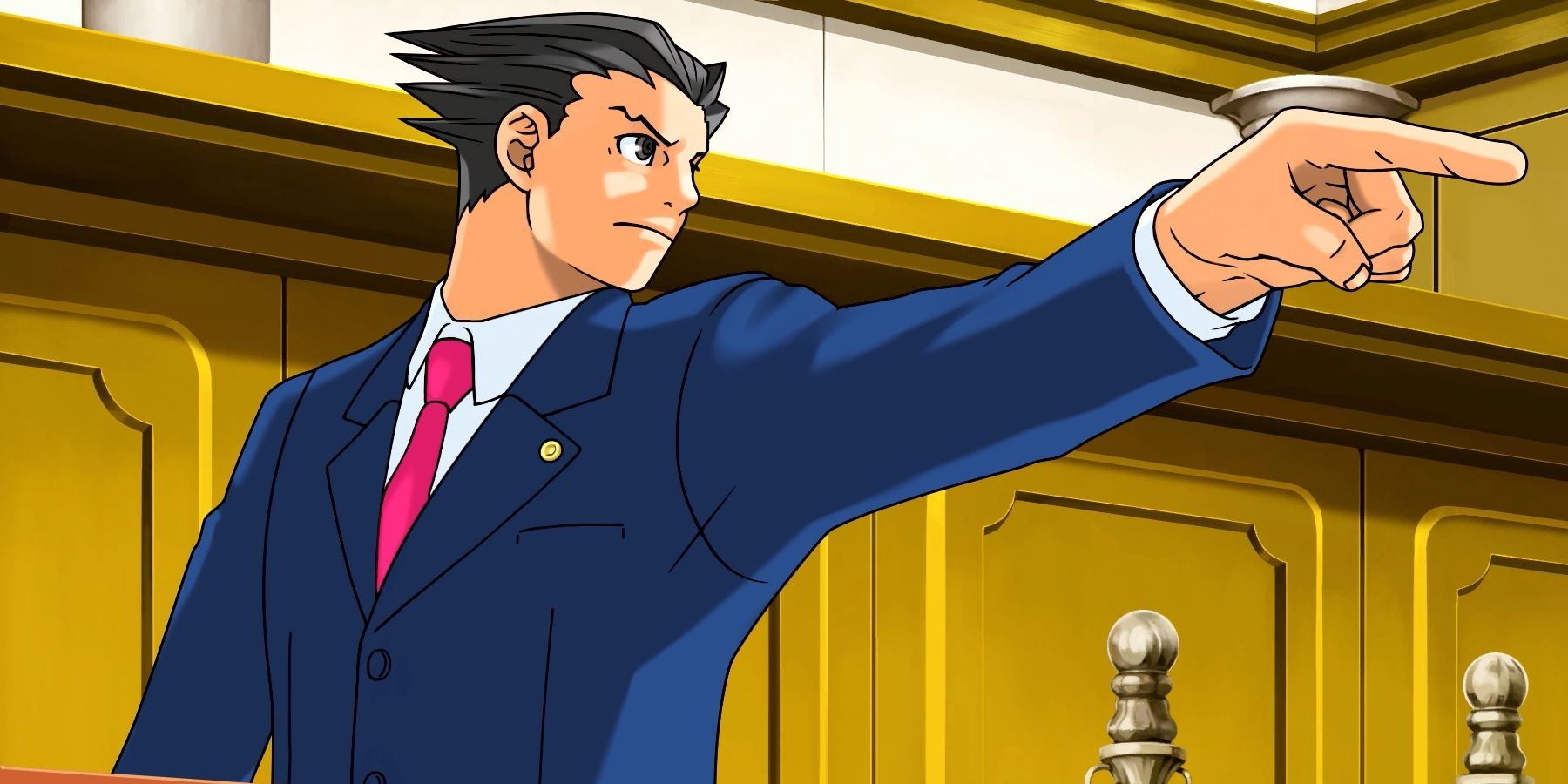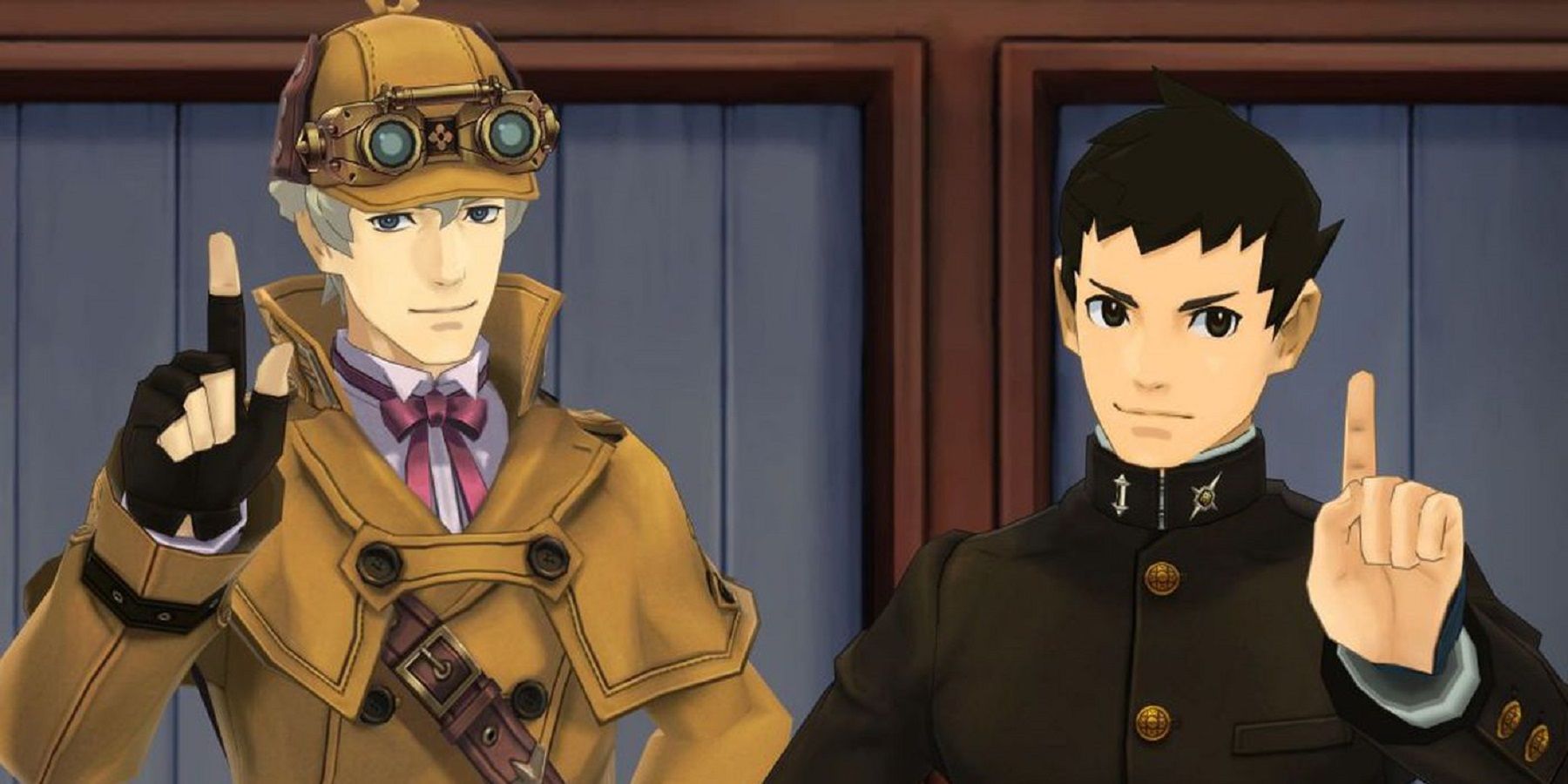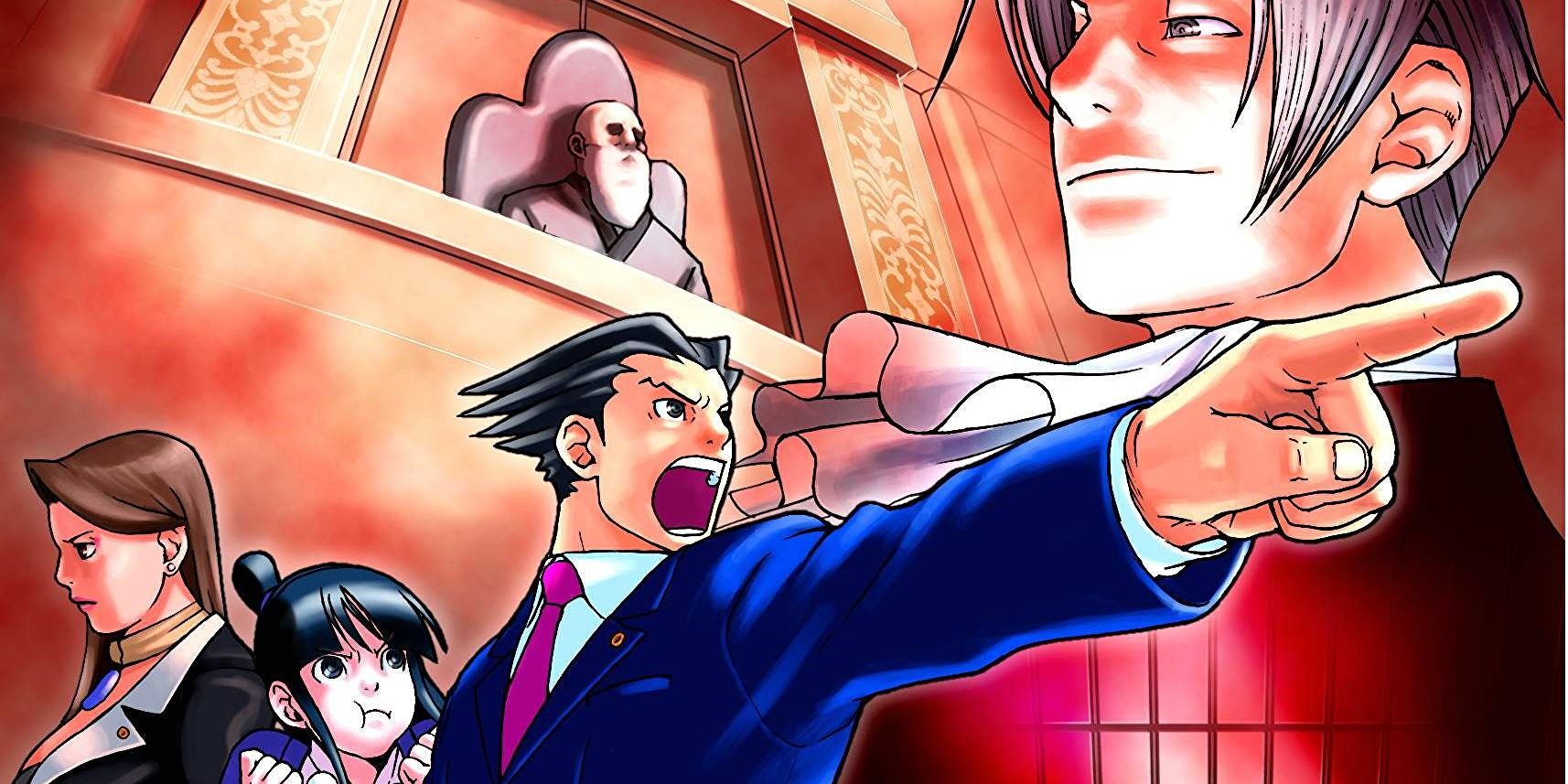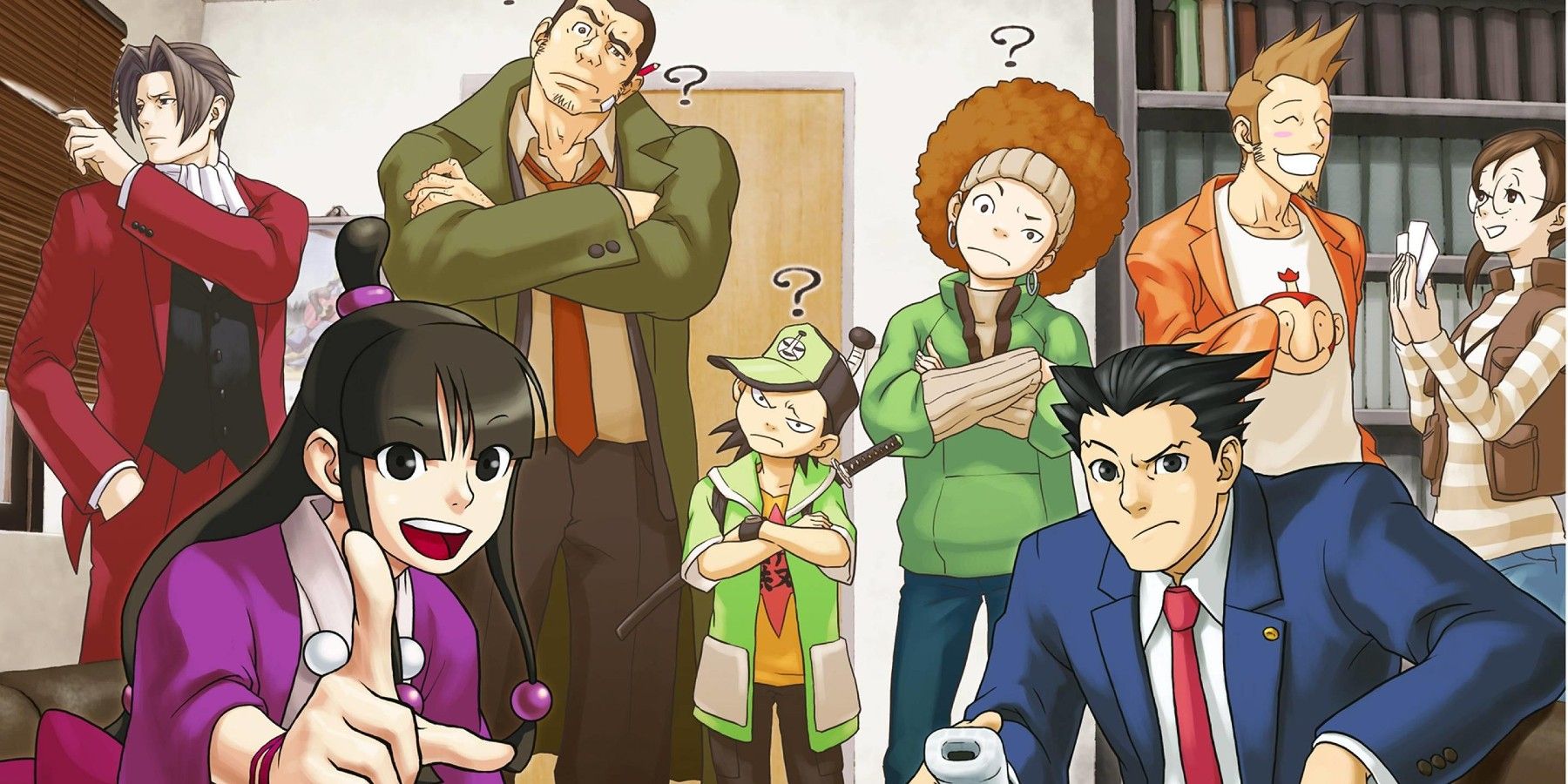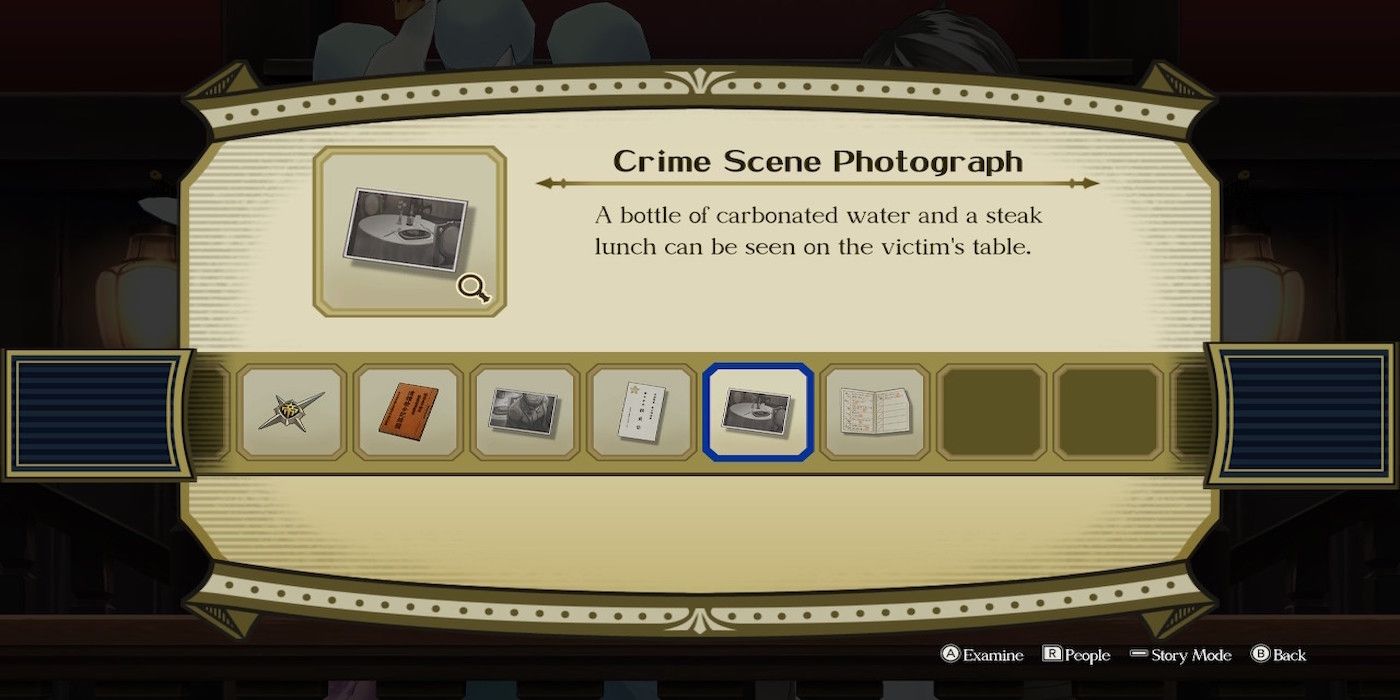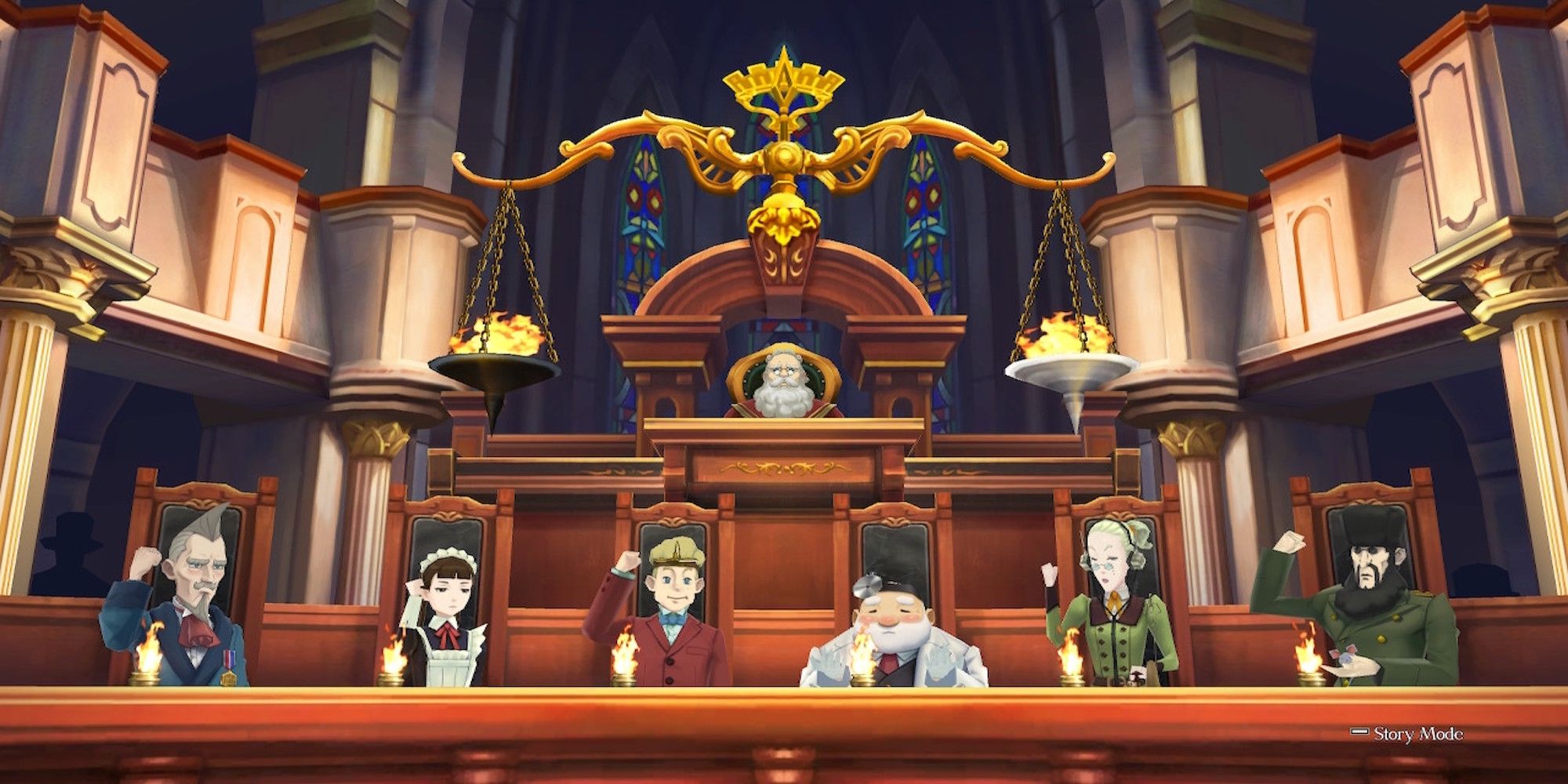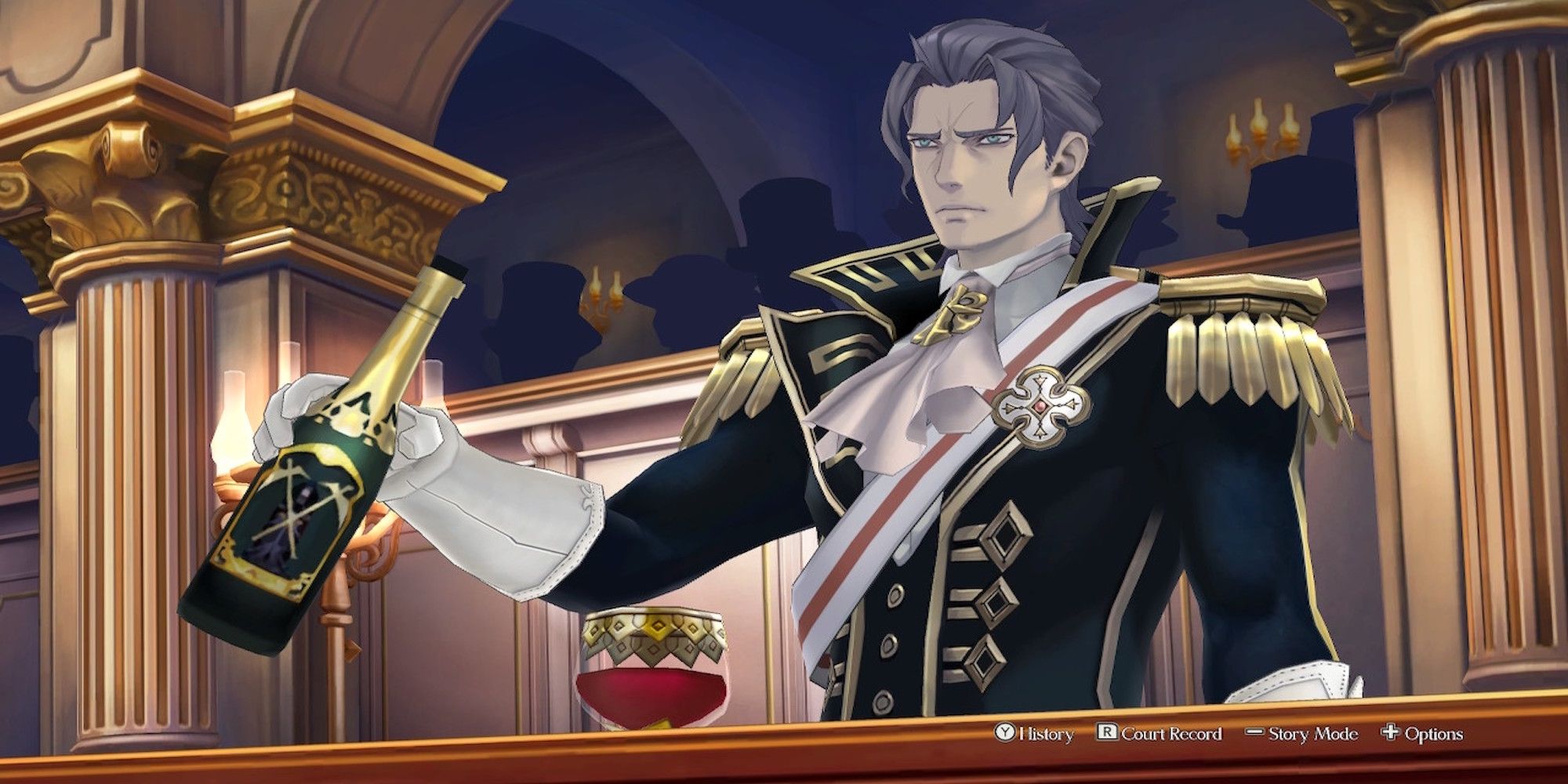Capcom's Ace Attorney is one of the most popular visual novels on the market and the most well-known video game depicting real-life courtroom proceedings. Since the release of Phoenix Wright: Ace Attorney in 2001, the franchise now counts six main series games, five spin-offs, a manga series, an anime, a live-action, several drama CDs, and even stage plays. The latest addition to the lot, The Great Ace Attorney Chronicles, a dual localization of The Great Ace Attorney: Adventures and The Great Ace Attorney 2: Resolve, was released last year to solid reviews.
The game is often considered to be a breakthrough for the visual novel genre in the West, and many jurists even consider Ace Attorney as an inspiration for following in the footsteps of the legendary Phoenix Wright. The franchise does surprisingly capture a lot of legal proceedings accurately, but it has also popularized a few misconceptions about real trials. Of course, games are about having fun, while many would consider trials to be boring, so these changes are understandable. However, it's also important to look at all perspectives when distinguishing facts from fiction, especially in the legal profession.
What Ace Attorney Gets Right
As far as the general format of court proceedings, Ace Attorney gets a lot right. Law is separated into civil and criminal law, but as Ace Attorney focuses on murder trials, it mostly explores the world of criminal law. As such, the game accurately depicts the actors of the legal system: the prosecution representing the State, the defense representing the defendant, and the judge presiding over the trial. Witness testimonies and the cross-examination of their statements are almost exactly as they would be in a real trial. The evidence being submitted in the court record, and cross-referencing the evidence with testimony are all normal occurrences in trials.
Under Which Jurisdiction Do Ace Attorney Trials Fall?
The original version of the games with Phoenix Wright, Apollo Justice, or Miles Edgeworth as the main protagonist are set in modern-day Japan, so the law applied would be Japanese law. However, The Great Ace Attorney Chronicles takes place in Victorian-era United-Kingdom. Except for the latest entry, all the other localizations had the story of the game set in Los Angeles.
Adapting a game for a Western audience is always an issue for localizations, and there is the additional challenge with Ace Attorney in harmonizing the Japanese legal system with the completely distinct American one. Yet, the localizations actually do an excellent job at scripting a believable legal system for a Western audience without really tampering with the original story.
Flipping Law & Order On Its Head
If anyone ever watched American legal dramas like Law & Order before, defense attorneys aren't usually shown in the best light. The story usually involves the noble prosecutor trying to overcome the burden of proof, and sentence a criminal being defended by a morally bankrupt defense lawyer. That being the case, the premise of Ace Attorney may seem a little strange. Evil prosecutors go decades without a loss, and it's the noble defense attorney fighting against insurmountable odds to prove his client's innocence. It's all a fictional situation, but it's an interesting approach to a genre with pretty set character dynamics.
Discovery Phase
Before trials begin, the police investigate the crime scene. Whatever they find is then sent to the prosecutor who is then required to share all exculpatory evidence with the defense upon request. This is known as the discovery phase, which is codified in US law under the Brady Rule. The defense has no obligation to share their evidence with the prosecution, and any new evidence the police collects must be communicated with the defense immediately.
However, the prosecutor and especially the defense attorney never find themselves on the crime scene interfering with the police. Phoenix Wright or Miles Edgeworth finding a game-changing piece of evidence under a random couch when every police officer missed it is a staple of Ace Attorney and its Investigations spin-offs, but would lead to a lot of inadmissible evidence in open court and probable disbarment.
Judge and Jury (Or Lack Thereof)
Ace Attorney trials are presided over by the Judge who is only known as such and is known in the game for being an airhead who always hands down the correct verdict. However, judges are generally very domineering, especially when presiding alone. Meanwhile, the Judge in Ace Attorney is easily swayed, and, except in Professor Layton vs Pheonix Wright: Ace Attorney, completely incompetent. Speaking of presiding alone, while Ace Attorney 4 did have Japan's version of a jury with lay judges and the latest game also had juries as per common law, the franchise has overall had very few jury trials, which is fairly common for murder trials.
Objection! Courtroom Antics In Three Day Trials
Ace Attorney trials must reach a verdict within three days. Real trials, especially murder trials, can last from anywhere between a few months to several years. For brevity's sake, it's understandable why a game would want to limit trials to three days. Similarly, the medium spirits, the magatama, the magic, and all the supernatural plot devices and gameplay mechanics are all fair game. That said, the term objection, which has somewhat become the catchphrase of the franchise, is only used to protest the violation of a procedural rule—not shouted every single time a witness' testimony contradicts the evidence. Shouting "Objection!" or "Hold it!" with the panache of Phoenix Wright while slamming the desk would definitely be a contemptible offense.
Other contemptible behaviors in a courtroom trial featured in Ace Attorney include drinking wine, playing a musical instrument, hurling a coffee mug at opposing counsel, whipping people, insulting the judge, bringing pets, performing witchcraft, wielding weapons, throwing shurikens/ninja stars, dancing, kissing, and slamming the desk with one's behind. But it wouldn't be a fun game without all the fun and games.
The Great Ace Attorney Chronicles is now available on Nintendo Switch, PC, and PS4.

